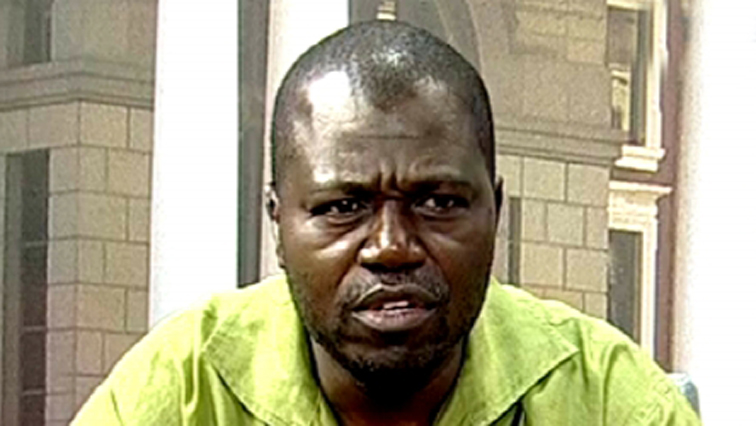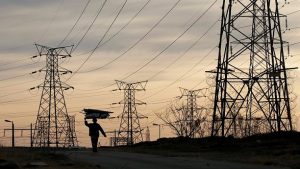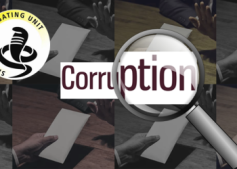Parliament’s Standing Committee on Public Accounts (Scopa) has welcomed a decision by President Cyril Ramaphosa that Transnet and Eskom be probed by the Special Investigations Unit, saying it is long overdue.
The two state-owned entities have been embroiled in corruption scandals in recent years, losing an estimated R57 billion in the process.
At the same time, Eskom Board Director Mark Lamberti tendered his resignation.
Scopa has kept a close watch on Transnet and Eskom for several years now.
The committee has demanded the Hawks’ presence at every meeting where executives appear.
Parliament is also conducting its own inquiry into Eskom.
Moody’s further downgrading of the power utility’s credit rating from B1 to B2 last month, may have ultimately forced the president’s hand.
“I think that it is long overdue looking at the governance changelings that have plagued these entities. Getting in the SIU is part of the clean-up process that seeks to identify the areas of weaknesses and to say what is it that needs to be done and to hold those who are responsible accountable,” says Scopa chairperson Themba Godi.
The two entities have been embroiled in multi-billion rand scandals. Transnet made headlines for the R54 billion locomotives tender, while Eskom has been linked to dubious deals worth an estimated R1.6 billion involving the Gupta family owned company Trillian and international consulting firm McKinsey.
“In the first instance we need to focus on the Evergreen contract because these have been means by which people have avoided following due process as well impeding transformation but we also need to look at issues of contract management, fruitless and wasteful expenditure as well as the breach of governance process because these have been enablers to some of the corrupt activities,” says Godi.
Meanwhile, Public Enterprises Minister Pravin Gordhan has accepted the resignation of Lamberti. Lamberti cited a recent High Court judgment, which found that he had discriminated against a former colleague, when he referred to her as a ‘female equity candidate’.






